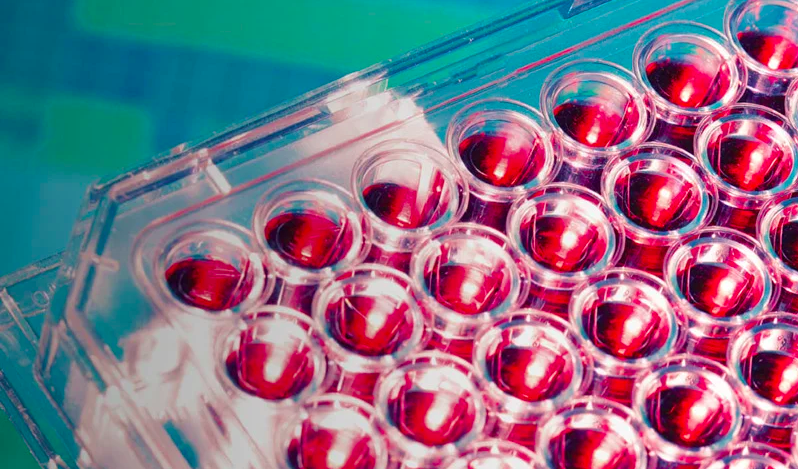Sexual Health | Bacterial STIs and related conditions | Chlamydia Trachomatis: Natural History and Management



Chlamydia Trachomatis: Natural History and Management
Session Overview
Description
This session covers the pathogenesis and management of uncomplicated genital chlamydia, including antibiotic choice and appropriate advice and partner notification. The level is suitable for enhanced practitioners.
Learning Objectives
By the end of this session you will be able to:
- Describe the pathogenesis of infections by Chlamydia trachomatis, including life-cycle, virulence and host-defence mechanisms
- List uncomplicated presentations of chlamydia genital tract infection
- Manage chlamydia genital tract infection by identifying appropriate choice of antibiotics for the condition
- Give appropriate information to patients diagnosed with chlamydia regarding treatment, partner notification and sexual abstinence
Chlamydia trachomatis is a Gram-negative obligate bacterium belonging to the genus Chlamydia in the family Chlamydiaceae.
Genital infection with Chlamydia trachomatis is one of the most common bacterial sexually transmitted infections.
The World Health Organisation estimates at least 90 million annual cases worldwide. More than 100,000 cases are diagnosed in the UK each year.
The primary anatomic sites of infection are the urethra only in heterosexual men and the urethra, rectum and pharynx in men who have sex with men. In women, the uterine cervix and urethra are most commonly infected; however, rectal infections are increasingly recognized in women.
Ascending infection from the cervix to the uterine body and Fallopian tubes may result in pelvic inflammatory disease (PID), which may carry significant morbidity and potential mortality from ectopic pregnancy as well as causing chronic pelvic pain.
Chlamydial PID can lead to scarring or blockage of the tubes, and is one of the most common causes of female infertility.
Since there may be few outward symptoms, chlamydia diagnosis and treatment can often be delayed, increasing the risk of long-term complications.
- Step to Work | Systems that shape everyday practic...
- Posted By eIntegrity Healthcare e-Learning
- Posted Date: 2024-12-23
- Location:Online
- This session looks at how the everyday practice of allied health professionals is part of, and shaped by, complex systems.
- Step to Work | Sustaining change and learning
- Posted By eIntegrity Healthcare e-Learning
- Posted Date: 2024-12-23
- Location:Online
- In this session, we will help you begin to draw together some of your reflections and learning from the Step to Work programme. We will be drawing on some ideas from positive psychology to help you do this.
- Step to Work | Positive appraisal of learning duri...
- Posted By eIntegrity Healthcare e-Learning
- Posted Date: 2024-12-23
- Location:Online
- This session focuses on appraising your experiences in service settings to help you surface and understand the thoughts and feelings1 about difficult and challenging situations you have experienced. It will also help you to better appreciate your own stre
- Step to Work | Personal wellbeing at work
- Posted By eIntegrity Healthcare e-Learning
- Posted Date: 2024-12-23
- Location:Online
- This session explores how we can use self-care practices to help overcome the negative impacts that challenging days at work have on us and promote health and wellbeing.
- Step to Work | Introduction to the sessions in the...
- Posted By eIntegrity Healthcare e-Learning
- Posted Date: 2024-12-23
- Location:Online
- Introdcution to the sessions in the Step to Work programmme.


